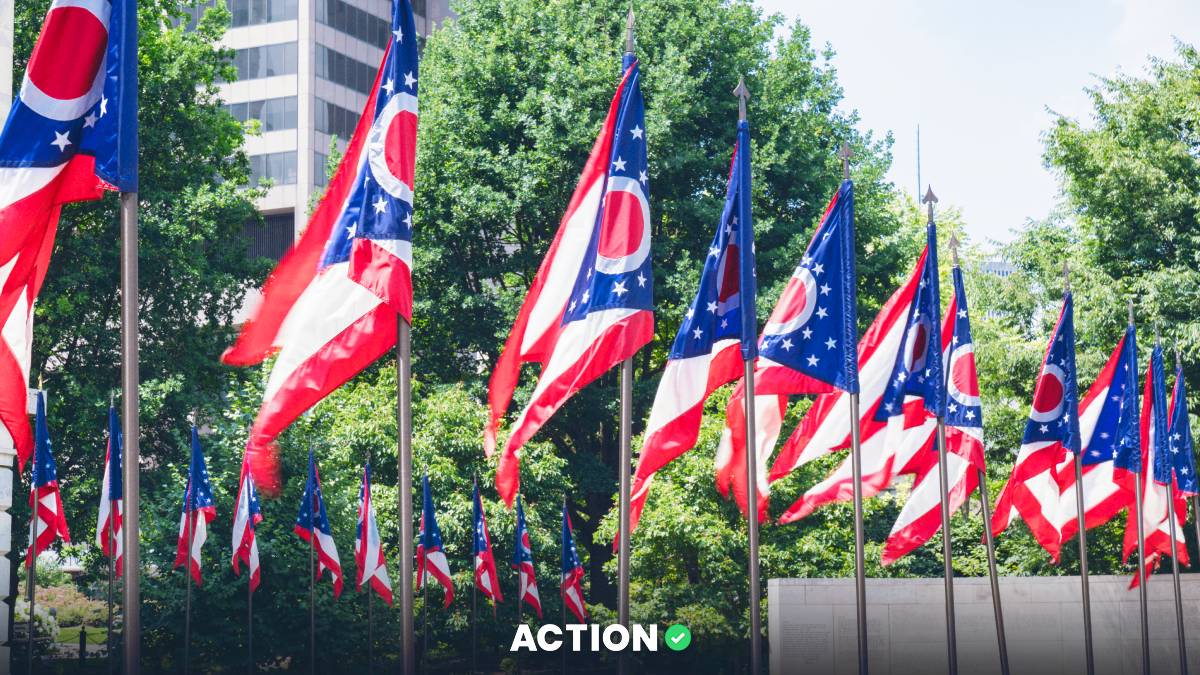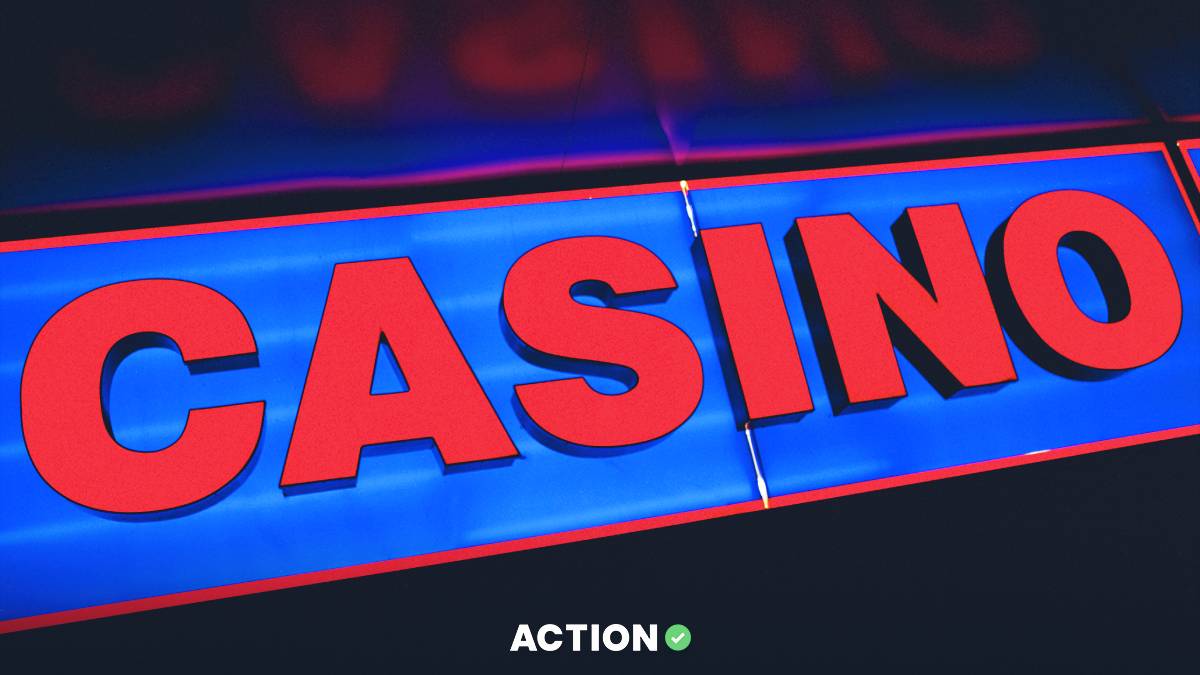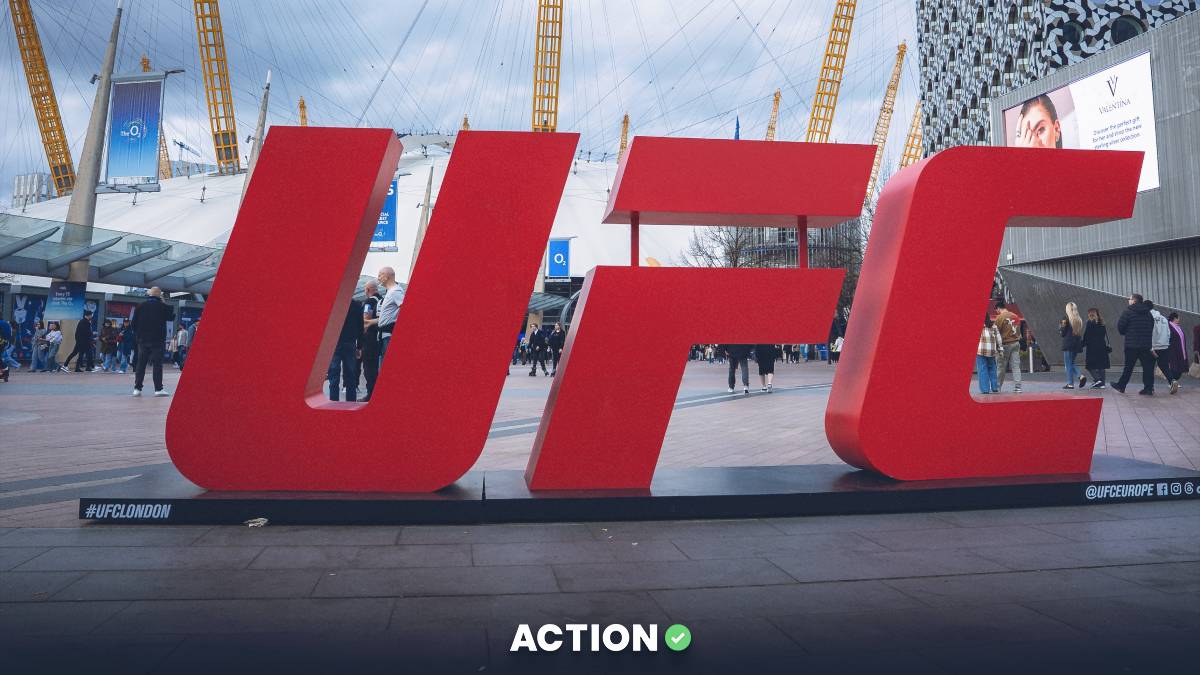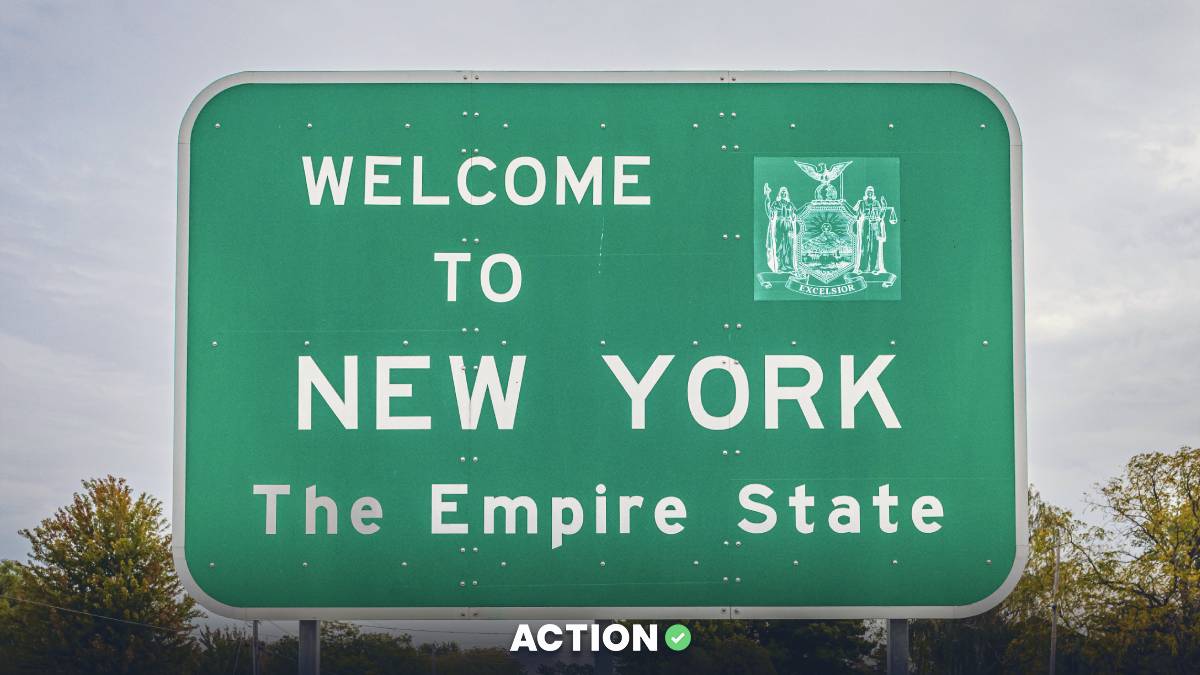Ohioans are still awaiting the outcome after two lawmakers introduced two bills that would legalize online casino gambling: House Bill 298 (HB 298) and Senate Bill 197 (SB 197).
These bills are currently under the microscope, with lawmakers holding hearings but no votes or final decisions made yet.
But Ohio, Gov. Mike DeWine indicated he won’t support any of them during his final 18 months in office.
“I’m not for it,” the governor told reporters during his annual visit to the Ohio State Fair. “Basically, to put a casino in everybody’s hands, 24/7, I think is probably not a great idea. And I think it will cause more pain and suffering …as far as gaming addiction.”
As lawmakers weigh what's best for The Buckeye State, let's take a closer look at each proposal, the key differences, and the challenges that may lie ahead.
The Competing Online Casino Bills in Ohio: HB 298 and SB 197
Ohio's path to legal online casino gambling is marked by two distinct legislative proposals. Let's break down each bill:
Proponent: Rep. Brian Stewart
Launch Date: Aimed for no later than March 31, 2026
Licensing: Restricted to existing brick-and-mortar casino operators
Tax Rate: 28%
Restrictions: Bans sweepstakes casinos, credit card funding, and promotional gaming credits for online play
Proponent: Sen. Nathan Manning
Scope:Covers iGaming, iLottery, and parimutuel betting
Tax Rate: 36% (increases to 40% if a management company is involved)
Fees: $50 million license fee and a $5 million annual renewal fee
Market Limits and Player Protections

Both bills propose careful control over online casino licenses, limiting them to Ohio's 11 existing casinos and racinos.
HB 298's Unique Approach: It would allow only one online gambling brand per licensee, aiming to protect existing operators.
Regulations Compared to Sports Betting: Both bills propose stricter conditions than those for online sports betting, reflecting concerns over potential market impacts and player welfare.
Projected Revenue and Concerns
The financial stakes are significant, with projections from both bills promising substantial state revenues:
- HB 298's Projections: Estimated to generate $400-$800 million annually
- SB 197's Projections: Anticipates up to $500 million annually
While the revenue prospects are promising, industry experts caution about potential impacts on existing casinos and the risk of increased problem gambling.
Minority Leader Nickie Antonio pointed out in a Statehouse Bureau News article that she wants to see the state improve mental health programs simultaneously. The objective is to minimize the social impact of gambling addiction.
Political and Industry Challenges in Ohio
The road to legalized online casinos in Ohio is fraught with challenges:
- Legislative Differences: Tax rates, renewal fees, and the scope of activities covered by each bill differ, leading to disagreements among legislators and industry stakeholders.
- Governor's Concerns: Governor Mike DeWine remains cautious, expressing concerns about the risk of addiction, although he has not explicitly threatened a veto.
- Divided Stakeholders: Some casino operators fear the bills could harm their in-state businesses if not properly structured.
When Will Ohio's Online Casino Legislation Be Settled?
Despite hearings in May, the path forward remains unclear. Stakeholders are still divided, and no major committee or floor votes have been scheduled yet.
Potential Launch: Should either bill pass by December, the earliest regulated online casinos in Ohio could launch would likely be mid-to-late 2026.
The discussion around Ohio's online casino legislation is heating up, with two comprehensive proposals on the table. While hearings and deliberations continue, divided opinions among stakeholders, significant policy differences, and gubernatorial skepticism create an uncertain future.
While Ohio waits for the potential legalization of online casinos, residents can still enjoy playing casino games through sweepstakes casinos.

These platforms offer a legal alternative by using a unique model where players can win prizes through sweepstakes entries. You don't gamble with real money directly; instead, you purchase virtual currency that is used to play games. They are similar to traditional online casinos, but within the legal framework of current Ohio regulations.









